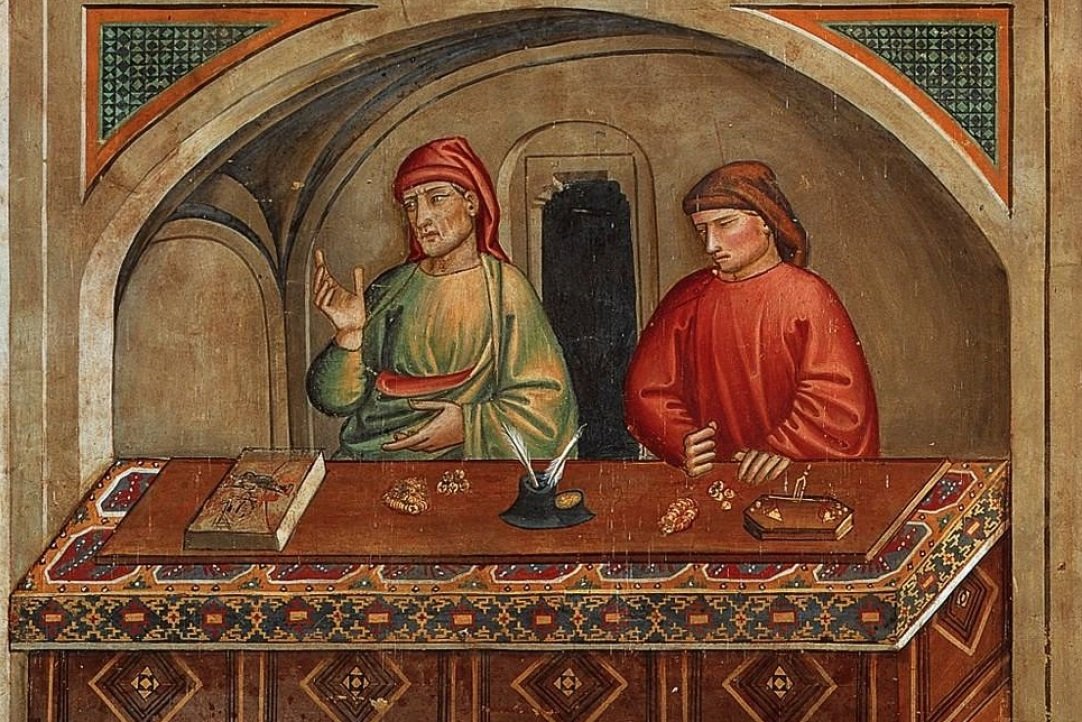In The Paradox of Choice, psychologist Barry Schwartz noted that having an endless series of things to choose from can leave us paralyzed rather than satisfied. We like having open options, but how do we pick one that will make us happy? Sometimes having to turn down one opportunity for another keeps us from committing to either. Other times, it’s not clear which course, or internship, or job, or potential date, is actually better than another. We’ve been told to “make good choices,” but how do we actually do that? Join Morningside as we examine how best to make decisions about classes and careers, dates and spouses.
Making up your mind about what you should do is sometimes easy. In a restaurant we pick what we think will be our favorite meal or maybe what will be good to share. Life doesn’t come with a preset menu, however. How can we come to good decisions when more important matters — what should I major in? how should I spend my free time? whom should I date (or even marry)? — are at stake and our choices are open-ended?
Two important thinkers about reasoning and choice disagree about this question. Aristotle held that good choice was a matter of having a good aim and being reasonable in pursuing it. Aquinas, usually a close follower of Aristotle, saw an important role for comparison among different alternatives for our choice to be not only reasonable but also free. This talk, led by Dhananjay Jagannathan (Columbia), will explore the connections between freedom, alternatives, and good decision making. It will also offer some practical advice!

